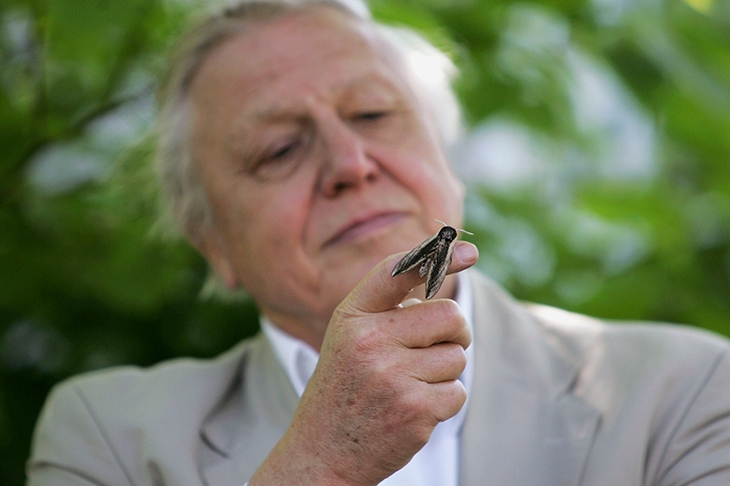When it comes to natural history, Sir David Attenborough rules the airwaves. Pliny the Elder (d. ad 79) who, as general of the Roman fleet, ruled rather less compliant waves, composed a 37-volume Natural History 2,000 years ago, expressing exactly the same concerns about the relationship between man and nature.
For Pliny, the earth was divine, and the word ‘god’ meant not some being with shape and form, but Natura, ‘Nature’. Man’s natura, however, was imperfecta, and as a consequence, though Romans were the supreme masters of the world, they and god/Nature were often in conflict.
This was disastrous, Pliny argued, because Nature was providential, as even man’s abuse of it proved. Take man’s search for gold, silver, iron and gems. Nature buried these deep under the earth, or hid them under mountains, because it knew what bloodshed they would lead to (and in the case of iron, ensured that the weapons it was turned into would eventually rust). So where man persisted in intruding where he should not, Nature attempted to warn him off by making him dig through toxic roots or stir up poisonous snakes.
Further, he pointed out the irony of all this digging: there was no guarantee it would produce the goods. Pliny pictured a mountainside fracturing with an ear-splitting crash while its ‘miners gaze as conquerors on the collapse of nature’ — to find no gold at all. Still, said Pliny, we carry on, as ‘the mind flies off into the void, wondering how exhausting Nature’s resources down the ages will eventually end’.
Pliny was not hostile to making luxury items per se: it was business, after all. It was just that the ratio (‘reason’) that informed both nature and the ever-versatile mind of man could be perverted and make a man think he could improve on the natural world. But he could not: nature offered luxury enough of its own accord. So what Pliny looked for was a civilizing and harmonious co-operation between the arts of man and the arts of nature, whose myriad ‘wonders’, drawn from (he tells us) 2,000 volumes, fill his work.
A worthy forerunner to Sir David, then.
This article was originally published in The Spectator’s UK magazine. Subscribe to the US edition here.


















